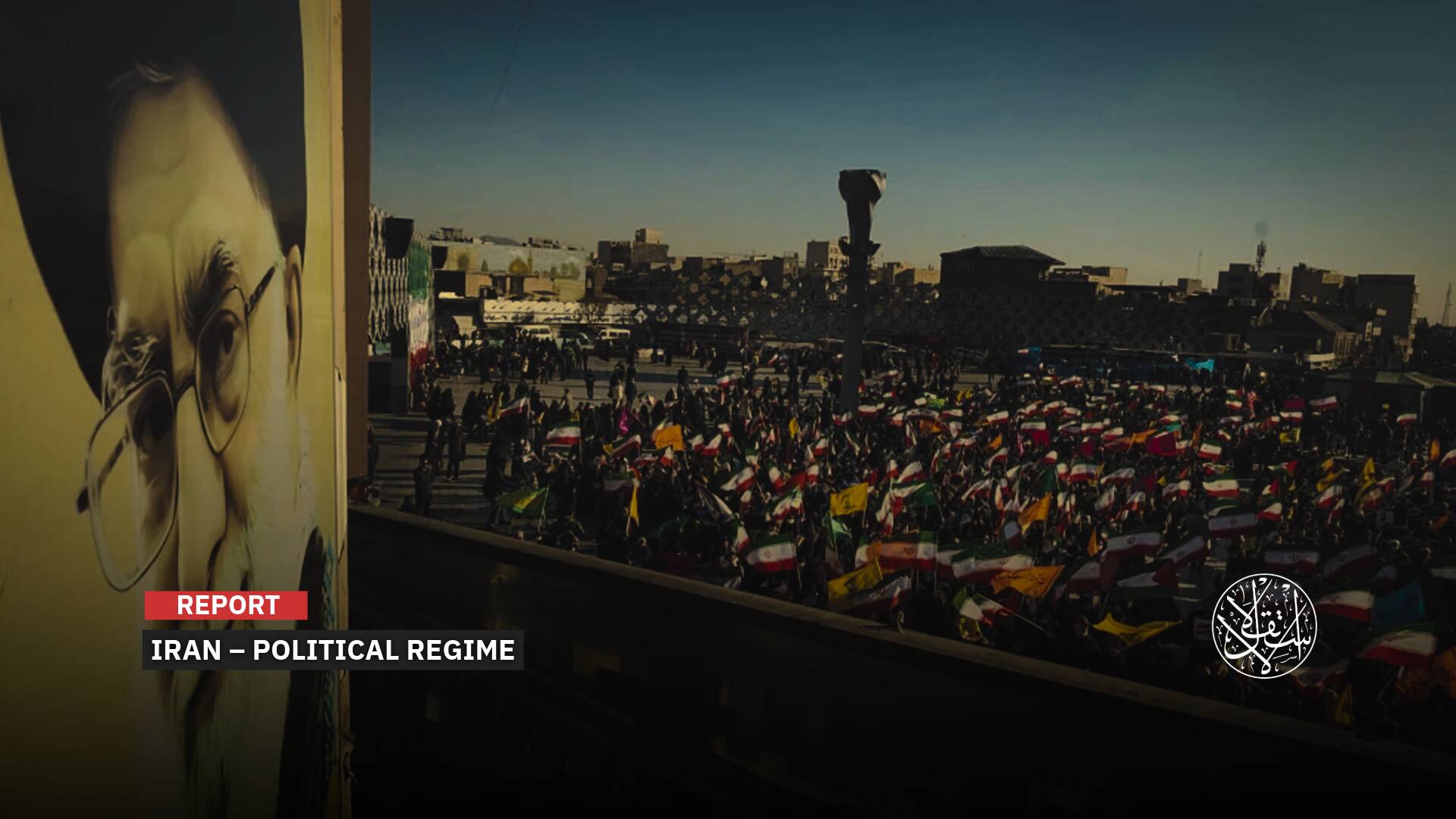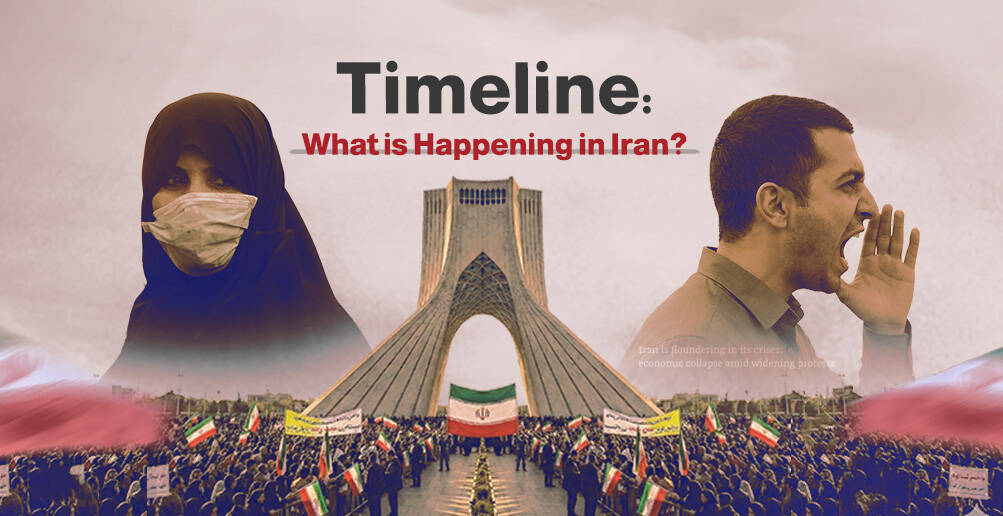Corruption in Wartime: Will Western Confidence in Ukraine Collapse?
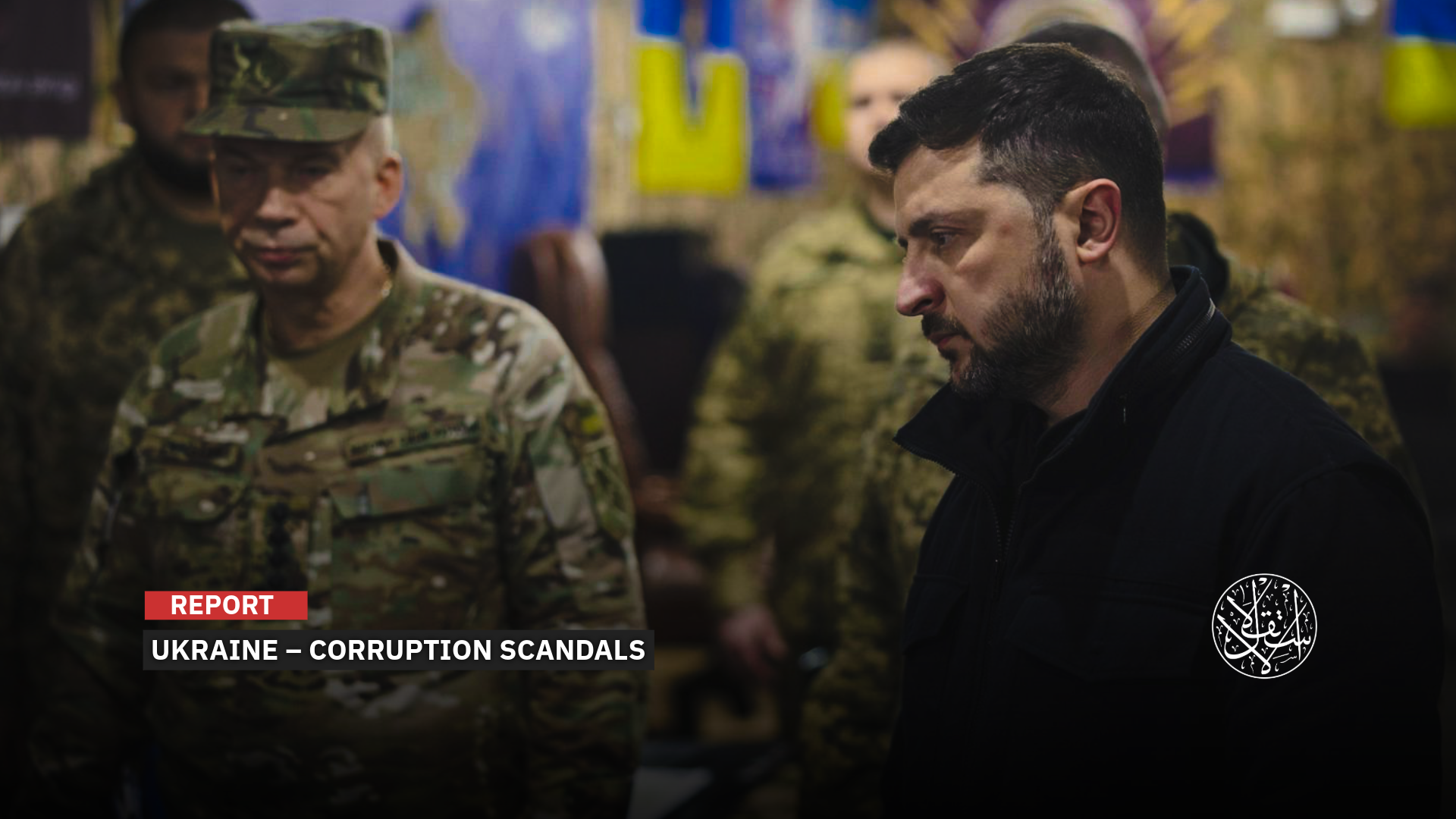
“Between 2010 and 2014, nearly one-fifth of Ukraine’s GDP was embezzled annually.”
Ukraine is striving to mitigate the damage caused by a massive corruption scandal that was recently revealed, involving current and former officials and figures close to President Volodymyr Zelensky in an alleged $100 million bribery scheme in the energy sector.
This money was part of contracts to bolster nuclear power plant defenses against Russian missiles, but significant portions disappeared in a complex bribery scheme.
As the scandal deepened, Kyiv recently announced a series of high-profile dismissals, imposed sanctions on a former business associate of Zelensky, and launched a broad financial audit and reforms at state-owned energy companies, attempting to demonstrate Ukraine’s ability to clean house.
Ukraine needs financial assistance to weather what is expected to be its harshest winter since the start of the Russian invasion in 2022, while Kyiv’s financial allies are demanding answers about the corruption.
Investigations indicate that the multi-million dollar bribery scandal extends beyond the energy sector to the Ministry of Defense's vital arms procurement program.
Suspicious Contracts
The repercussions of the allegations regarding the involvement of Ukrainian President's wife, Olena Zelenska, in a gold purchase scandal, valued at nearly one million dollars, have not subsided when a new scandal emerged concerning Volodymyr Zelensky's former business partner in the production company Kvartal 95.
On November 10, the National Anti-Corruption Bureau and the Specialized Anti-Corruption Prosecutor's Office of Ukraine revealed, following a 15-month investigation, corruption involving officials from Ukrainian nuclear energy companies and high-ranking officials.
A statement issued by the National Anti-Corruption Bureau of Ukraine (NABU) indicated that eight individuals, whose identities have not yet been disclosed, have been charged with bribery and abuse of office.
On November 11, Ukrainian authorities announced the arrest of five people directly linked to the electricity corruption scandal, confirming that they were expanding the investigation and would refer the findings to the judiciary.
Businessman Timur Mindich, a close associate of President Volodymyr Zelensky, is accused of orchestrating a scheme that embezzled approximately $100 million from the energy sector.
Ukrainian sources revealed that Mindich, along with another accused businessman, Oleksandr Tsukerman, fled the country to Poland and then to “Israel”.
Following the scandal, Ukrainian President Volodymyr Zelensky requested the resignations of former Energy Minister and current Justice Minister Herman Halushchenko, as well as current Energy Minister Svitlana Hrynchuk.
For its part, the Specialized Anti-Corruption Prosecutor's Office of Ukraine (SAPO), announced that Minister Halushchenko received personal benefits from Mindich in exchange for facilitating the control of funds flowing into the energy sector.
The office confirmed that investigations uncovered a complex network of illicit interests and suspicious contracts, in a scandal described as the biggest in the sector's history.
In his first comments after the decision, Halushchenko said he understood the political motives behind his dismissal, emphasizing that he would continue to defend himself in court to prove his innocence.
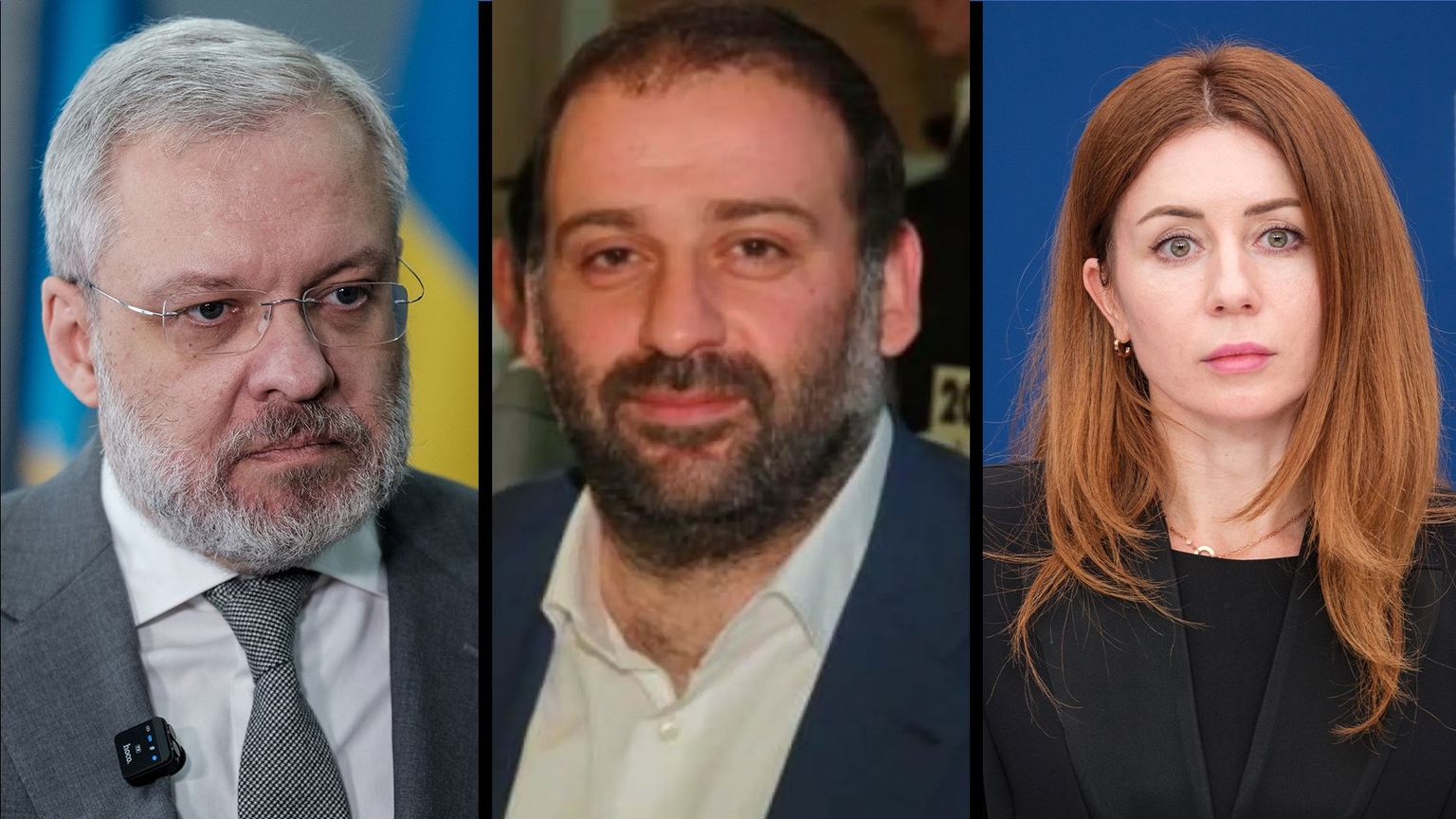
European Warnings
In an effort to reassure its allies, Kyiv revealed a series of steps to remove Herman Halushchenko and Svitlana Hrynchuk, the Ministers of Justice and Energy, respectively.
A senior Ukrainian official said the leadership wants to demonstrate its commitment to eradicating corruption schemes, as they undermine the state while it faces relentless attacks from Russian President Vladimir Putin.
The government recently restructured the supervisory board of Energoatom, the nuclear power operator at the heart of the scandal, dismissing its board and vice chairman.
The government also halted the competition for the management of the state gas transmission system after one of the final candidates appeared on the National Anti-Corruption Bureau's records as a potential suspect in the scheme linked to Mindich.
Supervisory boards have been tasked with auditing all strategic state-owned enterprises, particularly in the energy sector, but Ukrainian watchdogs believe further steps will be required to fully restore confidence.
Meanwhile, EU officials warned Ukraine that it must continue its fight against corruption in the wake of the scandal, which could jeopardize the country's ability to attract financial aid.
The European Commission said the exposure of the scheme demonstrates that Ukraine's anti-corruption efforts are paying off as the country strives to meet EU accession criteria.
Germany and its European partners have declared their continued support for Ukraine in its war against Russia, despite the recent corruption scandal that exposed widespread mismanagement and squandering of public funds.
On the sidelines of the G7 foreign ministers' meeting in Canada, German Foreign Minister Johann Wadephul stated that he had made it clear to his Ukrainian counterpart, Andrii Sybiha, that a decisive fight against corruption in Ukraine was essential for Western support to remain credible.
He explained that Germany and the EU support Ukraine and its independent anti-corruption bodies.
Political analyst Ibrahim Khatib told Al-Estiklal that these developments clearly indicate that the fight against corruption in Ukraine is no longer merely rhetoric, but has become a crucial indicator of the government's credibility with its people and international partners.
He noted that “if Kyiv truly succeeds in confronting this internal crisis, these steps could contribute to restoring public trust and strengthening its chances of joining the EU.”
“But if it fails, the perception will deepen, both domestically and internationally, that the war is not just about a number of shells, but also a number of dark secrets within the state,” he concluded.
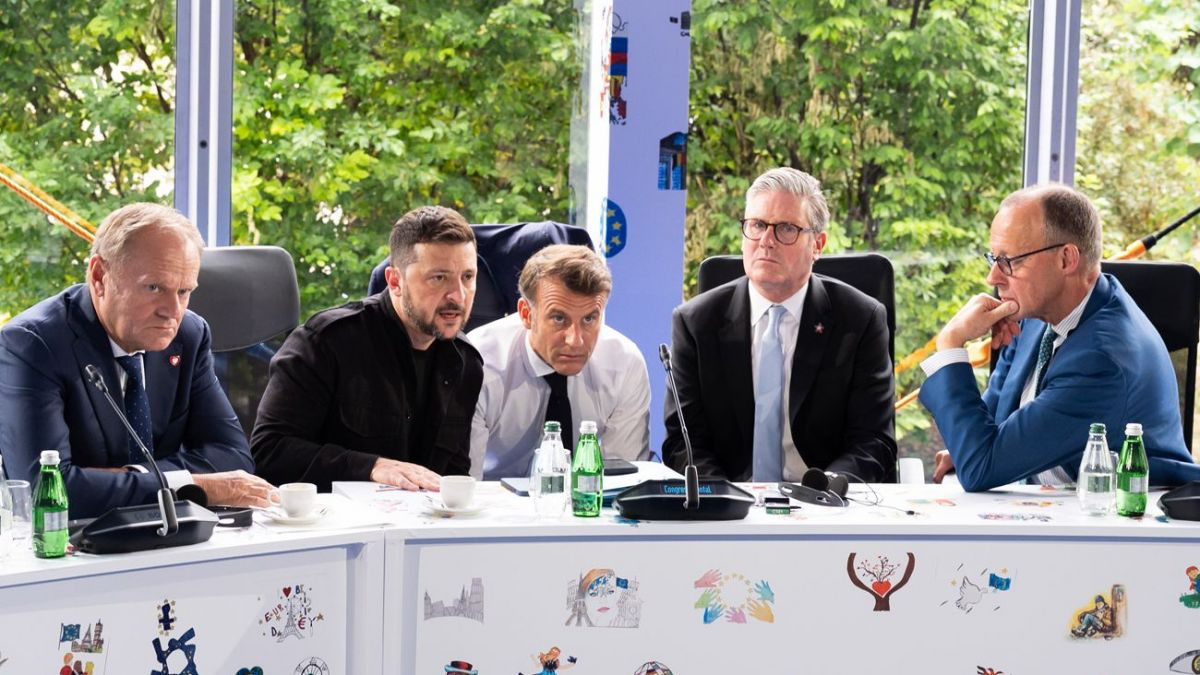
Crucial Test
Although the Ukrainian president did not name those directly involved, he commented on the recent developments with statements affirming his government's support for anti-corruption efforts.
“We need effective measures against corruption. Punishment must be inevitable. No one is above the law,” he said.
On November 13, he imposed sanctions on businessmen Timur Mindich and Oleksandr Tsukerman, prohibiting any dealings with them.
Observers believe Zelensky's move is aimed at reassuring the international community, particularly the EU , which has conditioned continued economic aid and support for Ukraine's EU accession process on tangible progress in combating corruption.
Zelensky knows his legitimacy rests on his ability to fight corruption, but he is currently facing the most difficult test since taking office.
Last July, he attempted to pass a law limiting NABU and SAPO's independence, placing them under political control, based on allegations of Russian infiltration.
The decision sparked accusations of attempting to control judges and investigators rather than protect them.
It was also interpreted as a direct response to investigations targeting prominent figures close to the presidency, including former Deputy Prime Minister Oleksiy Chernyshev.
This sparked the largest popular protests since the start of the Russian invasion of Ukraine in February 2022.
Protesters argued that the law undermines the effectiveness and transparency of anti-corruption bodies and weakens the security and intelligence services.
In turn, the EU announced the suspension of a €1.5 billion aid tranche, justifying its move by citing the lack of fundamental reforms and escalating political interference.
Despite Zelensky's restoration of independence to the two agencies following street protests and European pressure, the current scandal sharply raises the question: “Did Zelensky intend to reform the state or control those investigating his inner circle?”
This latest scandal comes at a critical time for the Ukrainian government, which is facing internal and external pressure to enhance transparency and restore confidence in state institutions.
Analysts believe that the results of the current investigation will be a crucial test of Ukraine's credibility in combating corruption during one of its most sensitive political and economic periods since the outbreak of the war.
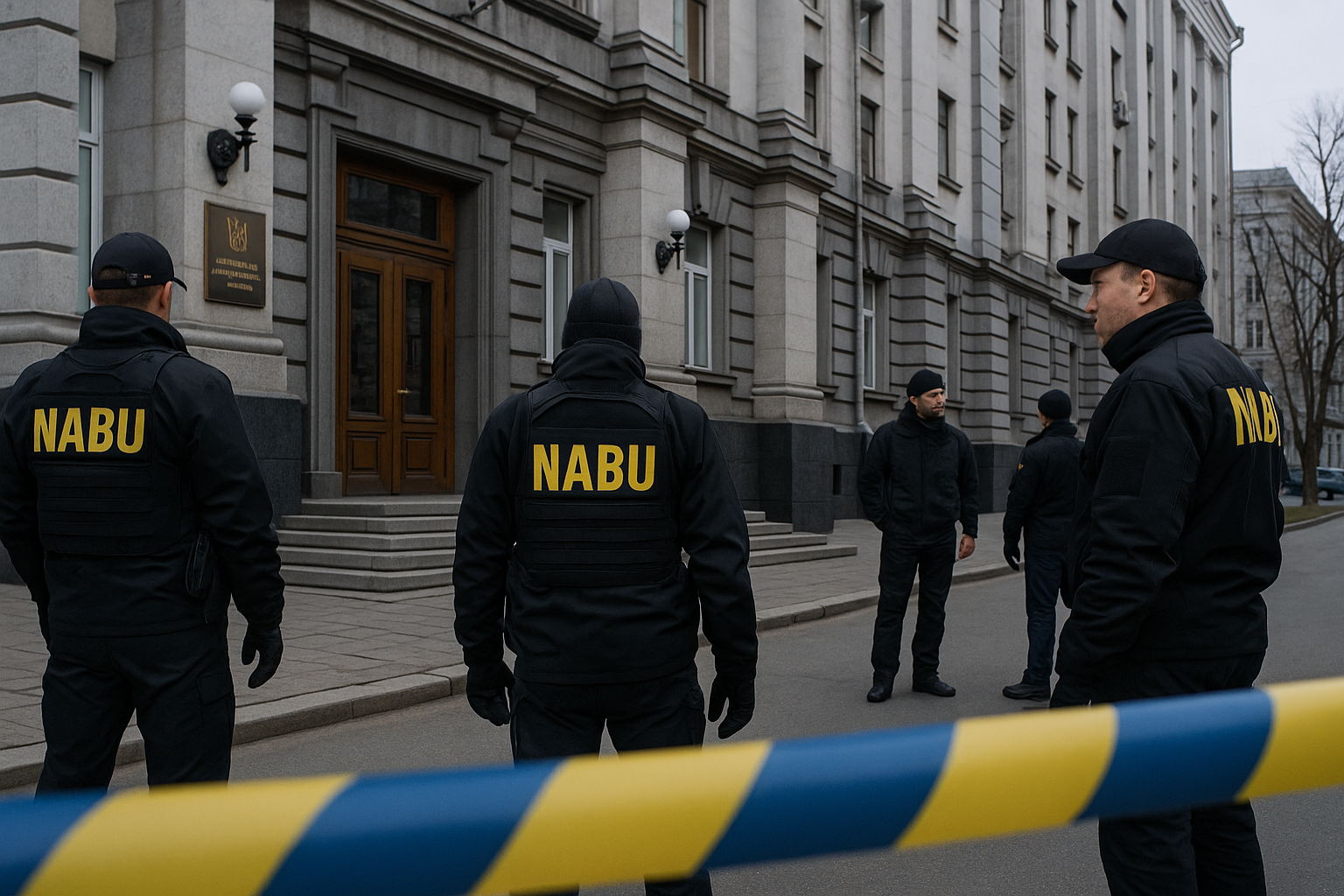
Corruption Scandals
Since the collapse of the Soviet Union, powerful businessmen in Ukraine have transformed into a parallel political force, controlling energy, banking, and media, and reshaping politics to serve their interests.
The Guardian reported that officials and businessmen have orchestrated extensive schemes to plunder the state budget since the 1990s.
Officials from the Prosecutor General's Office revealed that nearly one-fifth of Ukraine’s GDP was being embezzled annually between 2010 and 2014.
Despite the reforms implemented after the 2014 revolution, EU reports still indicate that between 20% and 30% of Ukrainian government spending is wasted annually due to corruption, even before the war, and that the oligarchy has not been completely dismantled.
According to Transparency International’s 2024 Corruption Perceptions Index, Ukraine ranked 35th out of 100 countries.
With the influx of billions of dollars in Western aid since 2022, a series of major scandals have emerged, most notably the accusation that officials embezzled more than $17 million in 2022 by inflating the prices of basic commodities such as potatoes and cabbage.
In 2023, Supreme Court Chief Justice Vsevolod Kniaziev was arrested for accepting bribes totaling nearly $2.7 million.
Also in 2023, 112 cases were opened against officials involved in accepting bribes to help citizens evade military service, with offenses including the theft of money and even cryptocurrency.
The deputy energy minister was arrested in 2024 after being caught red-handed accepting a $500,000 bribe to facilitate the transfer of equipment from besieged areas.
Last January, the Ukrainian Security Service announced the discovery of another corruption case involving the military's purchase of nearly $40 million worth of weapons.
Last August, Ukraine was rocked by another scandal involving bribes in contracts for drones and electronic warfare systems, with prices inflated by approximately 30%, costing the state treasury millions of dollars.
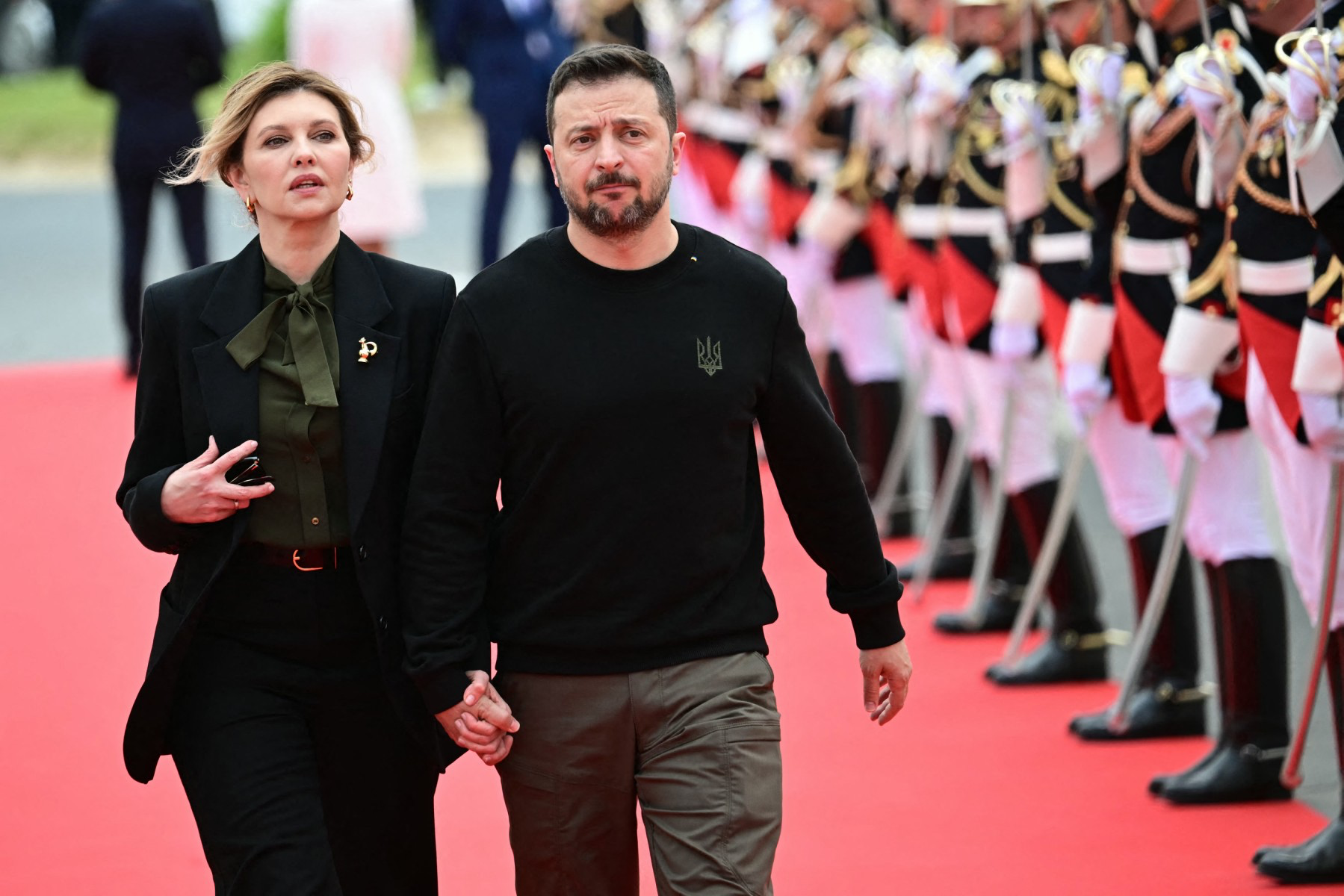
It is worth noting that combating corruption is one of the most prominent issues facing Ukraine as it seeks to join the European Union.
Zelensky made victory over corruption the slogan of his 2019 election campaign, especially after a series of scandals that implicated state institutions, the military, and sensitive economic sectors.
He managed to pass reforms, such as the law lifting parliamentary immunity, but faced setbacks, most notably his dispute with the Constitutional Court over the powers of the office.
In October 2021, the Pandora Papers revealed that Zelensky and his associates owned a network of offshore companies in the British Virgin Islands, Cyprus, and Belize, which were used to purchase luxury properties in London.
The purchase by his wife, Olena Zelenska, of an apartment in Yalta in 2013 for less than half its market value also raised several questions, as it was made from a businessman whose bank was accused of corruption.
Reports also surfaced that Zelenska bought a luxury Bugatti for $4.8 million, but these claims were later denied by several reputable media outlets.
Sources
- Operation ‘Midas’: All you need to know about anti-corruption investigation in Ukraine
- Zelenskyy pledges to clean up Ukraine’s energy sector amid corruption scandal
- The Corruption Scandal Engulfing Ukraine Won’t Die Down Anytime Soon
- Pandora Papers Reveal Offshore Holdings of Ukrainian President and his Inner Circle



